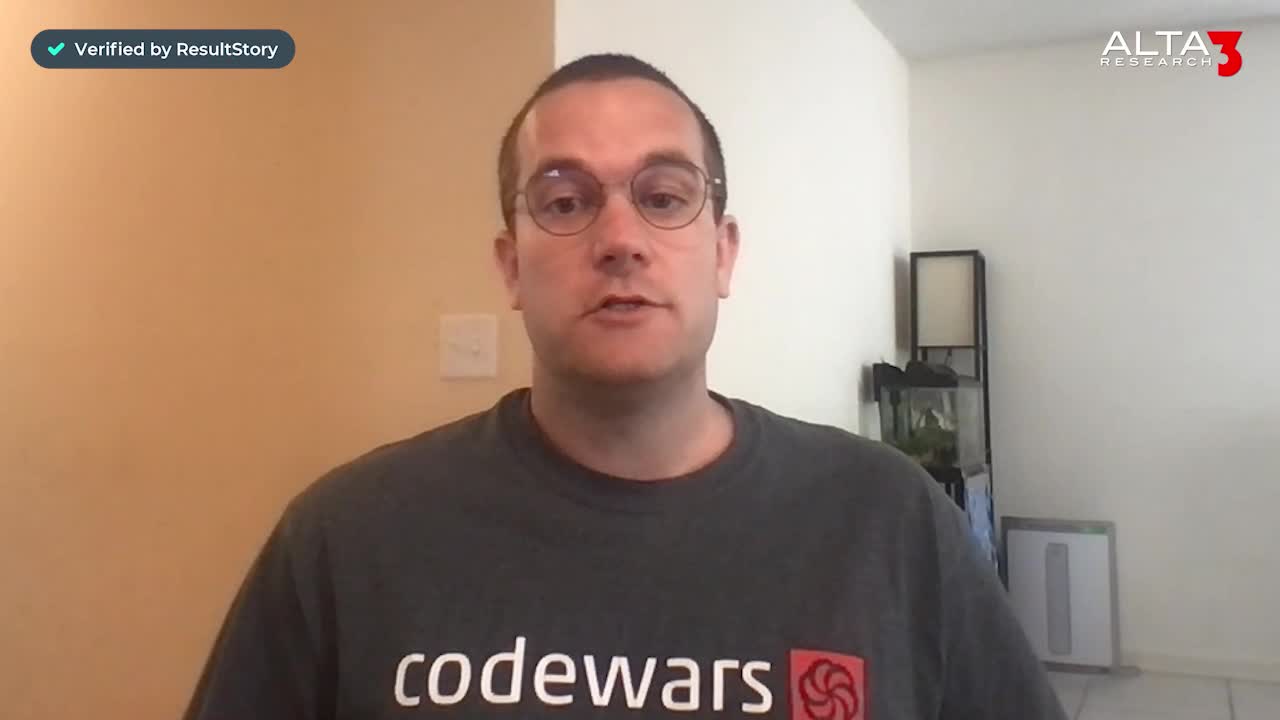ITIL ST Intermediate Lifecycle: Service Transition with Certification Exam
Elevate your IT service management skills with our ITIL ST Intermediate Lifecycle: Service Transition course, designed for IT professionals aiming to seamlessly integrate and transition services while minimizing risks and disruptions.

Essential Skills Gained

Implement Service Transition strategies to mitigate risks and ensure seamless integration.

Manage Service Transition processes by leveraging Change Management and Optimization techniques.

Develop stakeholder strategies and roles within Service Transition for enhanced communication.

Optimize Service Transition activities, focusing on service value realization and configuration management.
Format
- Instructor-led
- 4 days with lectures and hands-on labs.
Audience
- CIOs
- CTOs
- IT Managers
- IT Audit Managers
Description
This course covers the management and control of the activities and techniques within the Service Transition stage. Successful implementation of ITIL® Service Transition best practices enables IT departments to develop capabilities for transitioning new and changed services into operations, ensuring that requirements are effectively realized while controlling the risks of failure and disruption. The main process focus areas of this course include: Change Management, Service Release and Deployment Management, Service Validation and Testing, Service Asset and Configuration Management, Knowledge Management and Service Evaluation. You will gain knowledge to plan, implement and optimize the Service Transition processes and help prepare to take the ITIL® Intermediate Qualification: Service Transition Certification Exam.
Upcoming Course Dates
No upcoming dates. Please check back later.
Course Outline
Download PDFIntroduction and Overview
Purpose and goals
Linking Service Transition to other ITIL® lifecycle stages
How Service Transition creates business value
Service Transition principles: the concept of service and the role of utilities and warranties
Key Principles of Service Transition
Examining all of the services, their utilities, and warranties
Establishing a formal policy and common framework for implementation of all required changes
Supporting knowledge transfer, decision support and the reuse of processes, systems and other elements
Anticipating and managing course corrections
Ensuring involvement of Service Transition requirements throughout the lifecycle
Primary ITIL® processes within Service Transition
Change Management
Managing changes in a controlled and consistent manner with minimum disruption: The Seven Rs
Maintaining standardized methods for efficient and prompt handling of all changes
Optimizing business risk
Service Asset and Configuration Management
Identifying, controlling and accounting for service assets and CIs
Recording all changes in the Configuration Management system
Knowledge Management
Enabling informed decision making with a Service Management Knowledge System (SKMS)
The Data-Information-Knowledge-Wisdom structure
Release and Deployment Management
Assembling and positioning all aspects of services into production
Establishing effective use of new or changes services
Delivering changes at optimized speed, risk and cost
Other considerations
Transition planning and support
Service Validation and Testing: the Service V Model
Evaluating performance vs. expectations
Common Service Transition Operational Activities
The nature, purpose, and value of supporting Service Transition activities
Managing communications and commitment
Managing organizational and stakeholder change
Stakeholder Management
The role and requirements of Service Transition in other ITIL® processes
Organizing for Service Transition
Roles and responsibilities
Applying Service Transition to multiple circumstances
Identifying the organizational context
Technology-Related Issues
Defining technology and tool requirements
Analyzing the technology requirements for the elements of Service Transition
Supporting Service Transition through technology
Integrating Service Transition into the entire lifecycle
Matching technology to the organizational situation
Critical Success Factors and Risks
The challenges facing Service Transition
Identifying CSFs and risks that affect the viability of new and changed services
Establishing critical success factors and key performance indicators (KPIs)
Estimating benefits and risks for new or changed services
Incorporating external factors into the analysis
CERTIFICATION EXAMINATION
At least 21 contact hours of instruction
Basic IT literacy or around 2 years of IT experiences is desirable
Hold the ITIL v3 Foundation Certificate in IT Service Management
Passing score is 70%. Eight (8) multiple choice, scenario based, gradient scored questions
Your Team has Unique Training Needs.
Your team deserves training as unique as they are.
Let us tailor the course to your needs at no extra cost.
See What Other Engineers Are Saying
Trusted by Engineers at:
and more...

Aaron Steele

Casey Pense

Chris Tsantiris

Javier Martin

Justin Gilley

Kathy Le

Kelson Smith

Oussama Azzam

Pascal Rodmacq

Randall Granier

Aaron Steele

Casey Pense

Chris Tsantiris

Javier Martin

Justin Gilley

Kathy Le

Kelson Smith

Oussama Azzam

Pascal Rodmacq

Randall Granier